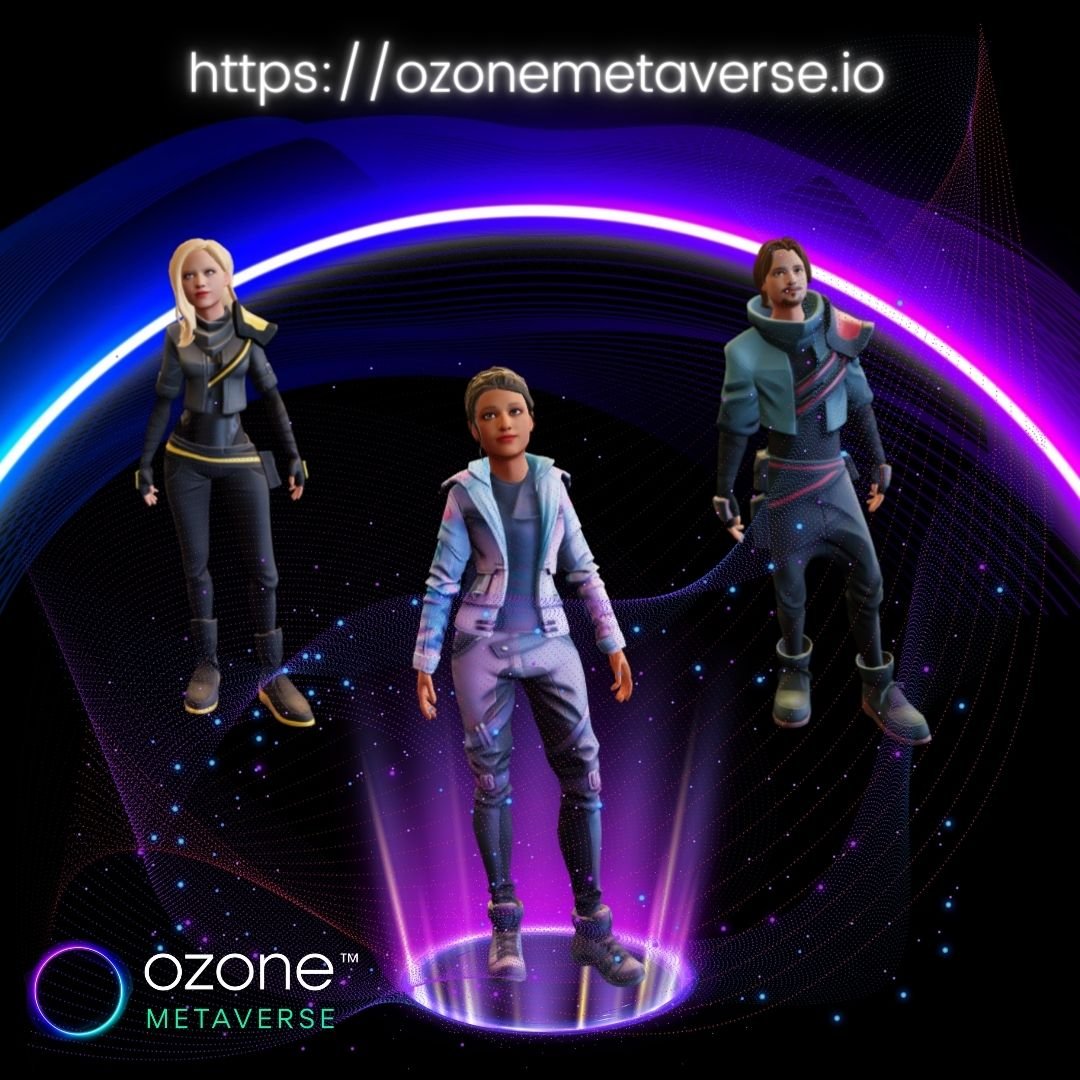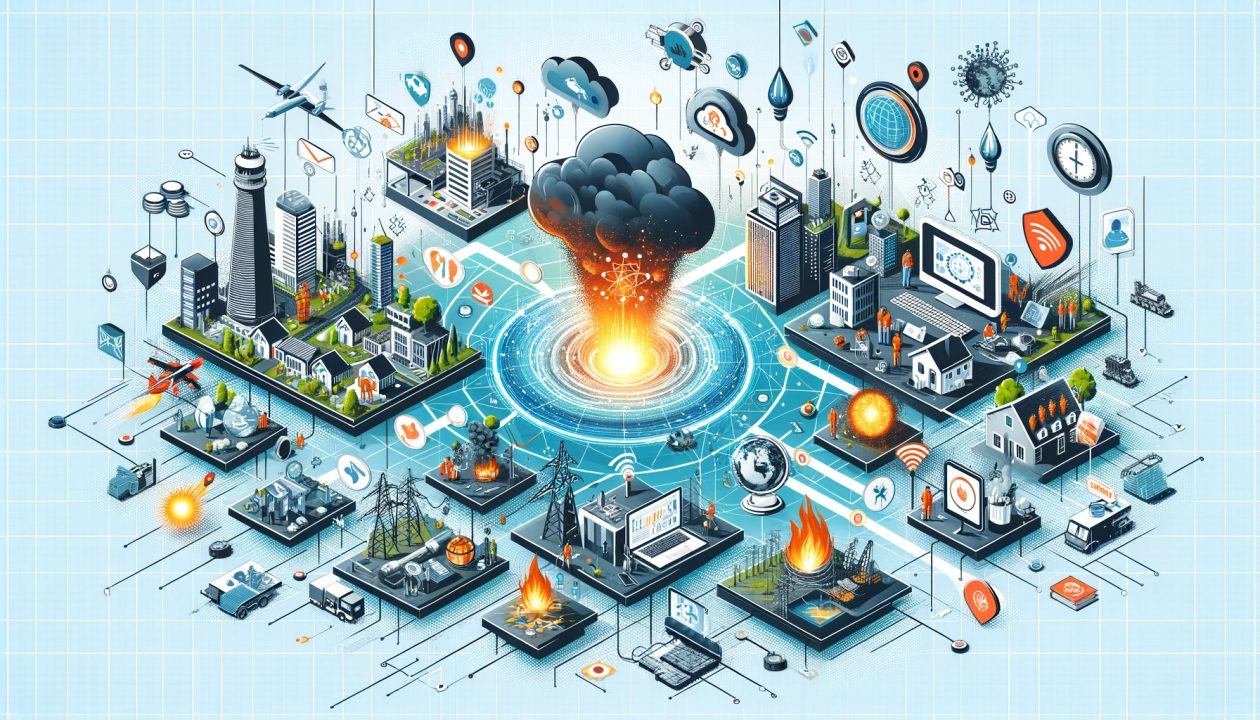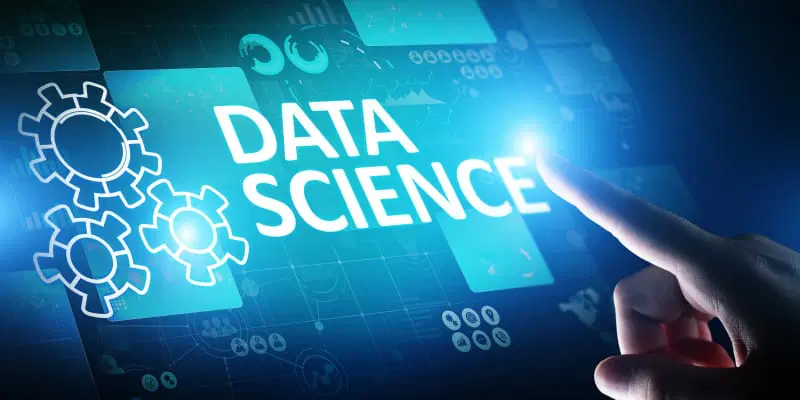A Friendly Guide to Predictive Analytics: What It Is and How It’s Changing the Game for Businesses
Have you ever wished you could see the future? While we might not have crystal balls, we do have something pretty close: predictive analytics. It’s one of the four main types of data analytics, and it’s all about using data to predict what’s likely to happen next. Think seasonal sales trends, customer buying behavior, or even how people might respond to a new product price. Businesses everywhere are using it to make smarter, faster decisions—and it’s making a big impact.
In this guide, we’ll break down what predictive analytics really is, how it works, and show you some real-world examples of how it’s being used in different industries.
So, What Exactly Is Predictive Analytics?
While it might sound like something new, predictive analytics has actually been around for quite a while. Back in the late 1800s, Henry Ford was already using data to improve his business processes. Fast forward to the 1960s—when computers started showing up in workplaces—data analysis really took off.
By the late ’90s, the term “business intelligence” became popular. Companies began using software to organize and analyze massive amounts of data. This helped managers understand what happened in the past so they could plan more effectively for the future.
Today, predictive analytics goes even further. Instead of just looking back, it uses tools like machine learning, statistics, and data modeling to look forward. And the demand is growing fast—according to Statista, the global market for predictive analytics software is expected to jump from $5.29 billion in 2020 to $41.52 billion by 2028. Why? Because it works.
How Does Predictive Analytics Work?
Let’s break it down into simple likely to buy our new product?”
Gather the right data. You’ll need enough past and present data to feed into your predictive model.
Use smart algorithms. These analyze the data, find patterns, and make predictions.
Take action. The insights are only helpful if you actually use them. That’s why it’s important to have decision-makers who can turn predictions into real-world strategies.

Real-Life Examples of Predictive Analytics in Action
Predictive analytics isn’t just for tech companies. It’s being used across almost every industry in fascinating ways. Here are a few standouts:
Healthcare
Hospitals and clinics are using data to improve patient care. Predictive analytics can:
Detect early signs of disease
Suggest the most effective treatments
Even forecast outbreaks
This means better care for patients and potentially saving more lives
IoT & Manufacturing
With the rise of smart devices, factories now have sensors that collect data from machines in real-time. This helps spot problems before they happen and allows for predictive maintenance, which reduces downtime and saves money.
Sports
Yes, even sports teams are using data! Analysts evaluate players’ performance to help managers make smarter contract decisions. They even look at fan engagement and merchandise sales to understand a player’s overall value to a team
Weather Forecasting
Predictive analytics has made weather predictions much more accurate. It helps track long-term trends and warns us about extreme events like storms or heatwaves—keeping people and communities safer.
Insurance
Insurance companies use predictive models to:
Speed up claims approval
Detect fraud
Assess risk more accurately
This saves time and reduces costs.
Finance
Finance teams rely on data to forecast revenue, manage risk, and plan budgets. Predictive analytics helps companies stay financially healthy by spotting trends early and making smart financial decisions.
Social Media
Ever wonder how brands know exactly what you want? They use predictive analytics to analyze your likes, comments, and reviews. This helps them tailor their marketing and product strategies to better serve their audience
Energy Sector
As demand for electricity grows—especially with electric vehicles and renewables—predictive analytics helps energy companies forecast future demand, prevent outages, and improve efficiency.
Human Resources
HR teams are now using data to predict which employees are likely to leave, how well someone might perform, or how changes affect morale. This leads to better hiring decisions and happier teams.
Why It Matters
As these examples show, predictive analytics has become a game-changer for businesses across the board. But here’s the thing: data is only valuable when you know how to use it. Without the right tools and strategy, it’s just noise. But with a good operations management platform, you can turn that data into real-time, actionable insights that help you move from reactive to proactive decision-making.
Ready to Level Up?
Thinking about bringing predictive analytics into your business? At Intelegain, we specialize in creating custom, scalable solutions designed to fit your industry and goals. Whether you’re in finance, healthcare, manufacturing, or anything in between, we’re here to help.
Contact us for a FREE consultation and see how predictive analytics can transform your business.
Let me know if you’d like this adapted into a blog post, LinkedIn article, or presentation format!




